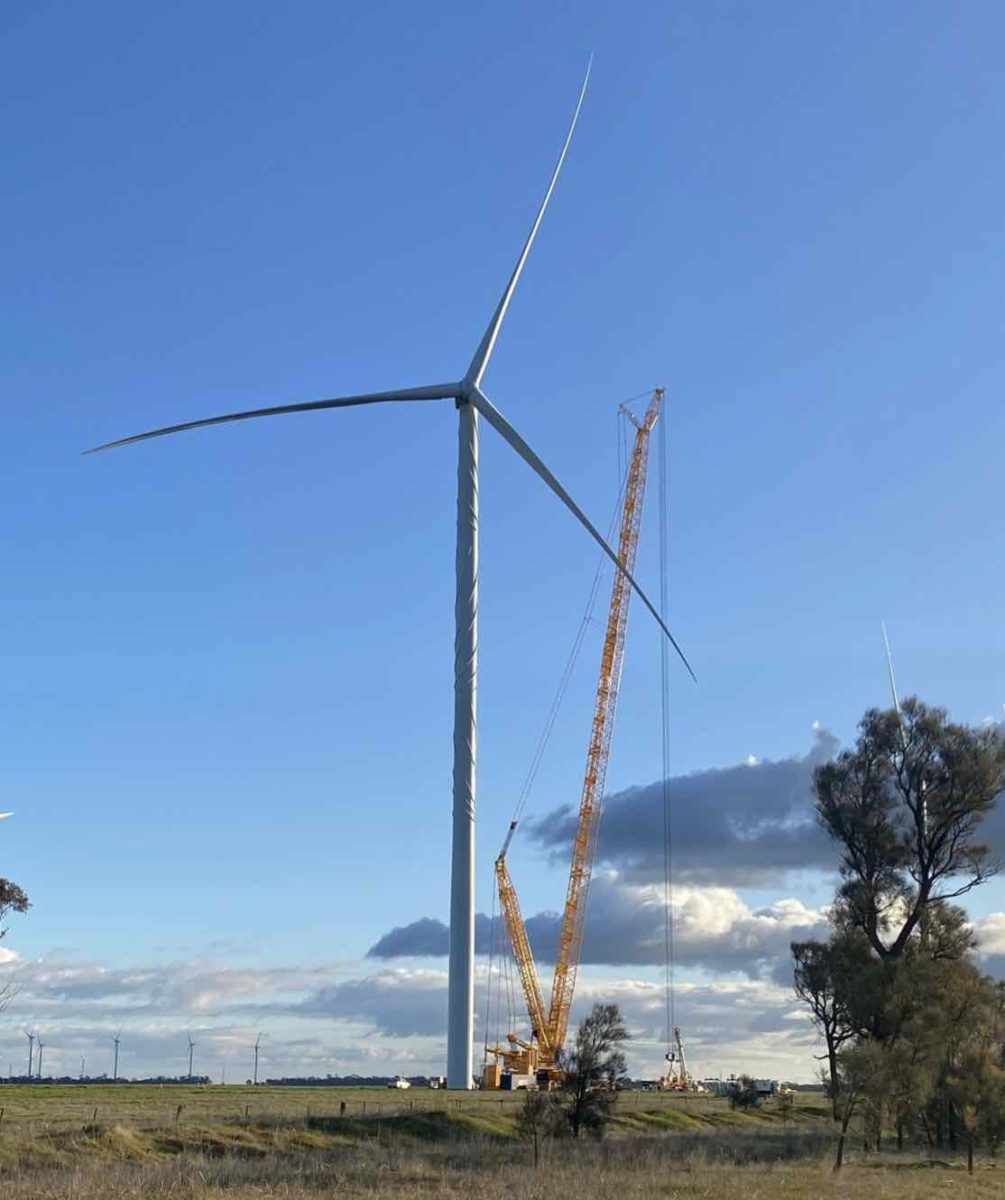A new report from the International Renewable Energy Agency (IRENA) has declared that the global energy transition is “off-track” and requires an influx of investment worth $US35 trillion by 2030 to ultimately be successful.
IRENA’s director-general Francesco La Camera unveiled the World Energy Transitions Outlook 2023 Preview at the Berlin Energy Transition Dialogue (BETD) on Tuesday, which calls for a fundamental course correction in the energy transition.
The cause of the energy transition’s wayward direction are the many crises which have challenged the globe in recent years, headlined by the global COVID-19 pandemic and the ripple effects of Russia’s invasion of Ukraine.
As a result, the report determined that current pledges and plans are falling “well short of IRENA’s 1.5°C pathway” and will ultimately result in an emissions gap of 16 gigatonnes (Gt) by 2050.
The power sector remains a relatively bright spot, where renewables account for 40% of installed power generation around the globe, contributing to what IRENA describes as an “unprecedented” 83% of global power additions in 2022.
However, in order to keep the goal of a 1.5°C warming limit alive, IRENA calls for deployment levels to grow from the 3,000GW of today to over 10,000GW in 2030 – an average of 1,000GW annually.
“The stakes could not be higher,” said Francesco La Camera.
“A profound and systemic transformation of the global energy system must occur in under 30 years, underscoring the need for a new approach to accelerate the energy transition.
“Pursuing fossil fuel and sectoral mitigation measures is necessary but insufficient to shift to an energy system fit for the dominance of renewables. The emphasis must shift from supply to demand, toward overcoming the structural obstacles impeding progress.
While global investment in energy transition technologies reached a new record of $US1.3 trillion in 2022, IRENA concludes that yearly investments must more than quadruple to over $US5 trillion so as to stay on the 1.5°C pathway.
By 2030, cumulative investments must amount to $US44 trillion, with transition technologies representing 80% of that total, or around $US35 trillion.
“We must rewrite the way international cooperation works,” concluded La Camera.
“Achieving the energy transition requires stronger international collaboration, including collective efforts to channel more funds to developing countries.
“A fundamental shift in the support to developing nations must put more focus on energy access and climate adaptation.
“Moving forward, multilateral financial institutions need to direct more funds, at better terms, towards energy transition projects and build the physical infrastructure that is needed to sustain the development of a new energy system.”










